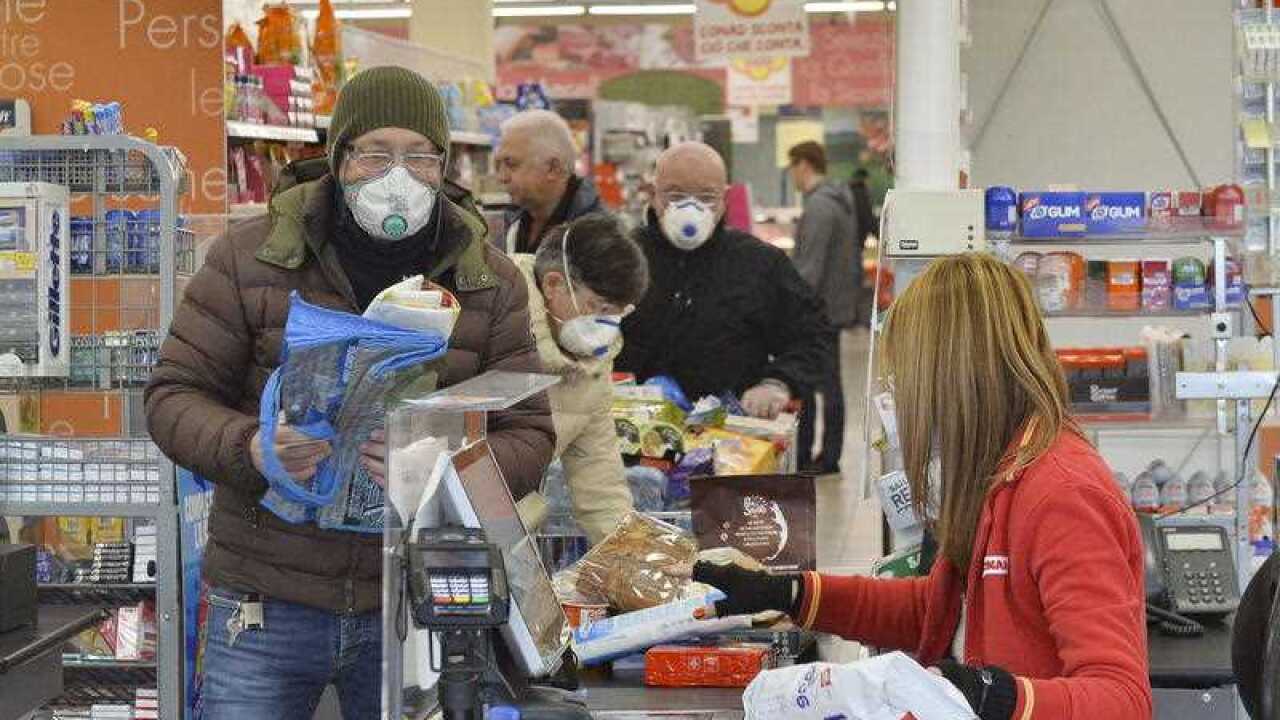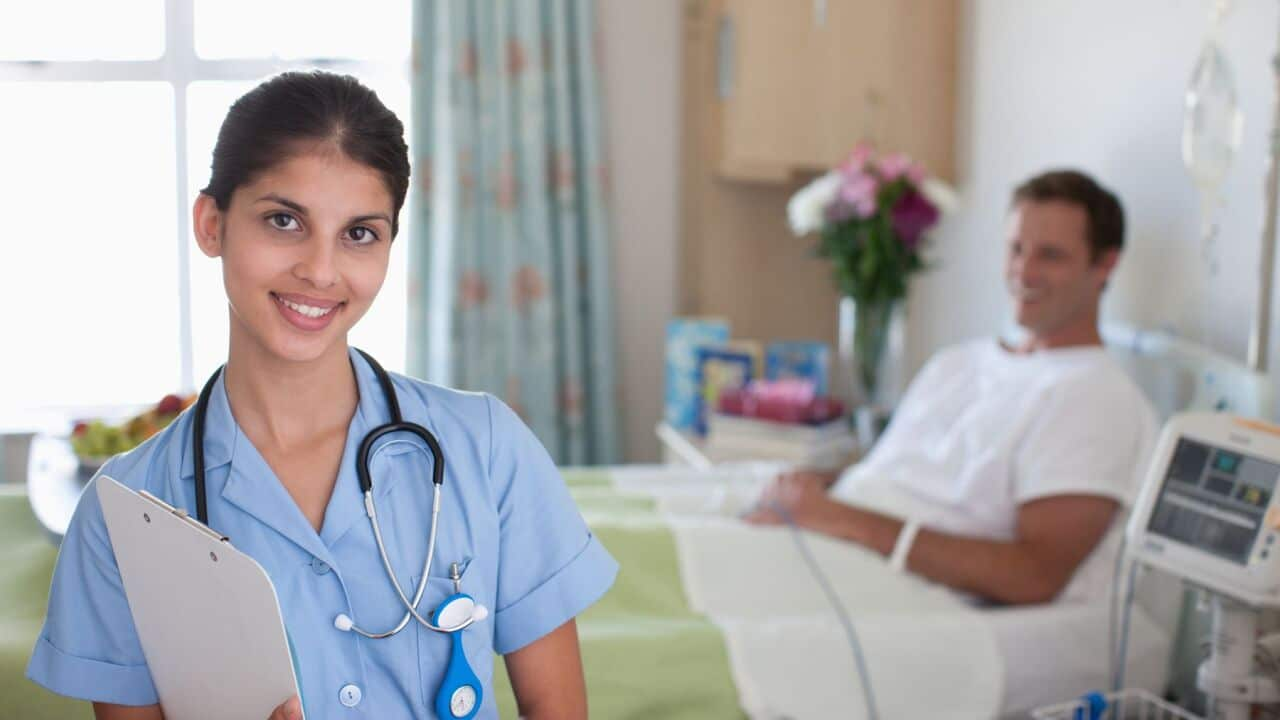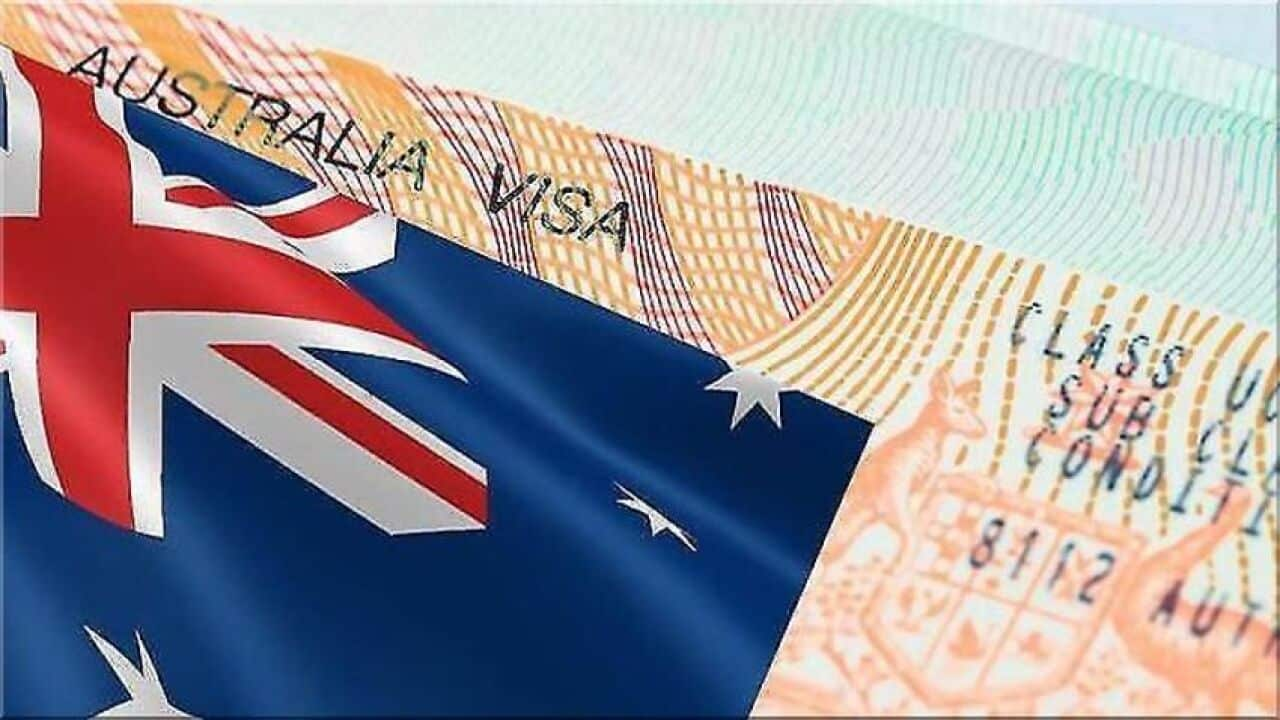Highlights
- International students studying medical courses will be allowed to work more hours
- Students working for disability service providers will also be exempt
- The decision aims at boosting the number of health and disability workers
Now international students studying medical courses will also be exempt from the usual 40-hour per fortnight work limit.
The changes apply to those students who are enrolled in a medical university or relevant vocational courses, provided they are currently working in support of Australia’s health efforts to tackle coronavirus and at the direction of the relevant state or territory authorities.
In addition, those working for registered disability service providers will also be allowed to work for more than 20 hours a week to support and ensure continuity of the supply of critical health care services.
Announcing the changes, Acting Minister for Immigration, Alan Tudge said these measures build on the Prime Minister’s announcement last month to relax work hour restrictions for 20,000 student nurses.
“We are ensuring state and territory health services have the people they need to continue testing for and treating coronavirus cases so we can stay on top of this crisis,” said Minister Tudge.
“We’re also ensuring we have enough workers to support those with a disability, as many in the current workforce are required to quarantine or take time out to care for their own families," he added. Welcoming the move, Prachi Shah, the managing director of Melbourne-based Nurse4U, a registered disability service provider said this decision would ensure that the vulnerable members of the community who are dependent on the service provided by the carers continue to get their services during these difficult times.
Welcoming the move, Prachi Shah, the managing director of Melbourne-based Nurse4U, a registered disability service provider said this decision would ensure that the vulnerable members of the community who are dependent on the service provided by the carers continue to get their services during these difficult times.

Prachi Shah, Managing Director, Nurse4U Source: Supplied
“The decision to allow student disability care workers would ensure we continue to provide care to the most vulnerable and would also help to address any staff shortages caused by COVID-19,” said Ms Shah.
She added that the decision would also empower international students currently working in the sector.
“It would give them an opportunity to work more and support the community members at a time when they most need it,” added Ms Shah. Alexa Serina, a Melbourne-based international student who is working as a homecare disability worker said, 40 hours a fortnight have never been enough for her.
Alexa Serina, a Melbourne-based international student who is working as a homecare disability worker said, 40 hours a fortnight have never been enough for her.

Alexa Serina is an international student who works for a registered disability service provider. Source: Supplied
“This is positive news for all students employed in the sector as this would allow care workers like me to spend more time with the care recipients, which goes a long way in providing good and sustainable care to those in need,” said Ms Serina.
Recent conducted by data collection field agency, TKW Research Group reported that 78% of healthcare professionals are worried about their own safety or passing the infection on to others.
Acknowledging that the prospect of working more hours could expose her to a greater risk of contracting the infection, Ms Serina said she is hoping the adequate protective measures that she takes on duty would prevent the likes of her from getting infected.
“While it is a significant concern, but I always wear gloves and protective masks on duty. In addition, I follow a proper after shift routine, which involves hand sanitisation and personal hygiene care.
“And I am hoping that this would be enough,” said the 21-year-old student.
The government has said these are temporary measures and will be reviewed regularly.
International students on a valid student visa can work for up to 20 hours per week while school is in session and unrestricted hours during any scheduled course break.
But the government has relaxed those conditions, allowing students working in supermarkets, health and aged care sectors to work for more hours to support and provide workforce continuity.
Coronavirus symptoms can range from mild illness to pneumonia, according to the Federal Government's website. Symptoms can include a fever, coughing, sore throat, fatigue and shortness of breath.
If you develop symptoms within 14 days of returning from overseas, you should call to seek medical attention.
If you don’t have symptoms but you have been in contact with a confirmed COVID-19 case, you should also call to seek medical attention.
If you believe you may need to get tested, call your doctor, don’t visit. Or contact the national Coronavirus Health Information Hotline on 1800 020 080.
If you are struggling to breathe or experiencing a medical emergency, call 000.





